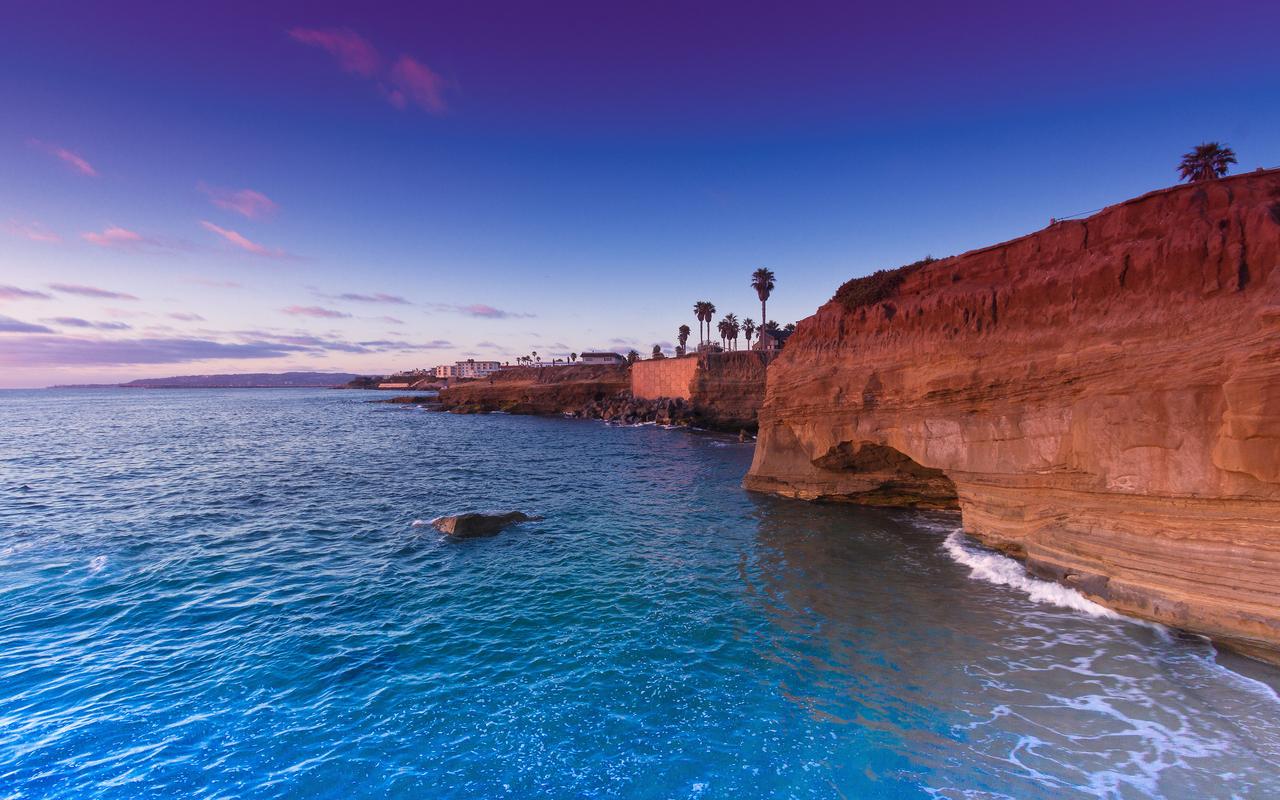Exploring the rich diversity of Swahili culture: A journey through history and tradition
Swahili culture is one of the most diverse and fascinating cultures in East Africa. Its history dates back to the 10th century, and it has evolved over time to become a melting pot of different influences from all around the world.
The Swahili language
The Swahili language is the most widely spoken lingua franca in East Africa, with over 100 million people speaking it. It is a Bantu language that has been heavily influenced by Arabic, Persian, Portuguese, and English, to name a few. It is a language that reflects the cultural diversity of the Swahili people and their long history of trade, conquest, and migration.
The Swahili people and their way of life
The Swahili people are a mix of different ethnic groups, including Bantu, Arabs, Persians, Indians, and Europeans. They are predominantly Muslim, and Islam has played a significant role in shaping their way of life. Swahili culture is characterized by its hospitality, respect for elders, and love for food. The Swahili cuisine is a fusion of different flavors and spices, reflecting the diversity of the people who live along the coast.
The Swahili architecture
Swahili architecture is an art form that reflects the cultural diversity of the Swahili people. It combines different elements from different cultures, including Arabic, Persian, Indian, and African. Swahili towns are famous for their coral stone houses with intricately carved wooden doors and windows. The Swahili architecture is a unique form of art that is both functional and aesthetic.
The Swahili music and dance
Swahili music and dance are an integral part of Swahili culture. Swahili music is diverse, ranging from taarab to bongo flava. Taarab is a traditional form of Swahili music that is heavily influenced by Arabic and Indian music. Bongo flava, on the other hand, is a modern form of Swahili music that is heavily influenced by Western music. Swahili dance is also diverse, ranging from ngoma to chakacha. Ngoma is a traditional form of Swahili dance that involves drumming and singing, while chakacha is a modern form of Swahili dance that involves twerking and shaking.
The Swahili festivals and celebrations
Swahili culture is rich in festivals and celebrations. Some of the popular festivals include the Lamu cultural festival, the Zanzibar International Film Festival, and the Mombasa Carnival. These festivals are an opportunity for the Swahili people to showcase their culture and traditions to the world.
In conclusion, exploring the rich diversity of Swahili culture is a journey through history and tradition. Swahili culture is a melting pot of different influences from all around the world, making it one of the most fascinating cultures in East Africa. From the Swahili language to Swahili music and dance, Swahili culture is diverse and vibrant, reflecting the Swahili people’s long history of trade, conquest, and migration.
(Note: Do you have knowledge or insights to share? Unlock new opportunities and expand your reach by joining our authors team. Click Registration to join us and share your expertise with our readers.)
Speech tips:
Please note that any statements involving politics will not be approved.
